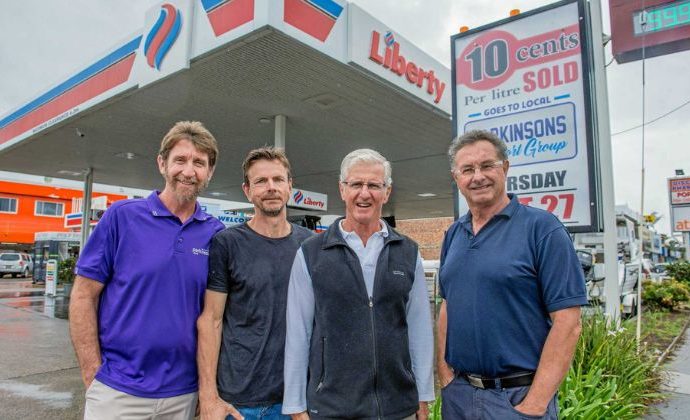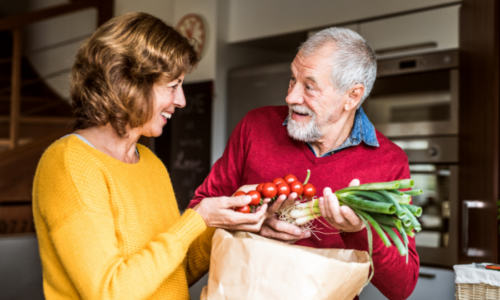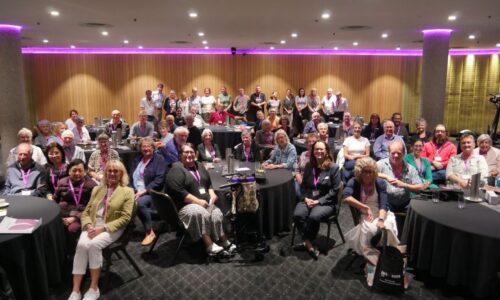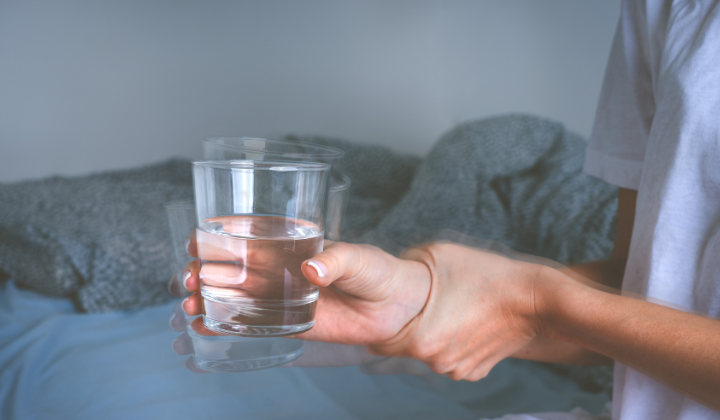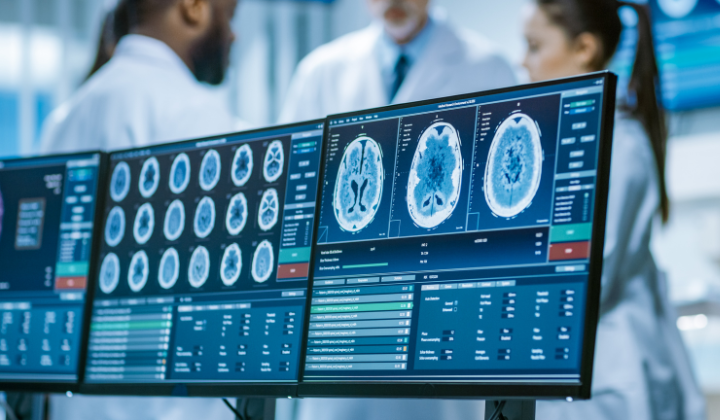On Thursday 29 September the Bailey Centre Liberty Service Station will contribute 10 cents per every litre of fuel sold to support the Parkinson’s Coff’s Harbour Nurses Fund.
Local delivery firm PK Express Transport has also committed to contribute an additional 5 cents per litre sold. The fundraising effort will kick off at 12.01am and run for a full 24 hours.
This year for the first time, a third donor has joined this fundraising initiative. CHESS Connect is a not-for-profit human service organisation that provides a range of specialist Employment, NDIS and Workplace Wellbeing supports. CHESS has donated $300 to the fundraiser.
Service station customers who ‘Pump for Parkinson’s’ will be helping to raise funds to maintain the services of a Parkinson’s Specialist Nurse based in the Mid North Coast Local Health District in Coffs Harbour.
This nursing position is co-funded by the Local Health District and Parkinson’s NSW. Fundraising goes towards the Parkinson’s NSW portion of the funding for this important role.
The fundraiser is an initiative of the Coffs Harbour Parkinson’s Support Groups and the Bailey Centre Liberty Service Station.
“We’ve been doing this for six years now and it’s always a pleasure to help out where we can for this very worthy cause. We are looking forward to many more years, said Paul Amos from the Bailey Centre Liberty Service Station.
“People living with Parkinson’s – which has a huge effect on their quality of life – are under-served in regional communities like ours. Parkinson’s Specialist Nurses are their best connection to advice and support, and we are lucky to have one here.”
David Strickland of PK Express Transport agreed, saying: “We have a great community here in Coffs and we take care of our own. This fundraiser was the perfect opportunity for us to make a contribution to our hometown – especially since people living with Parkinson’s need specialised local support to manage their disease.”



